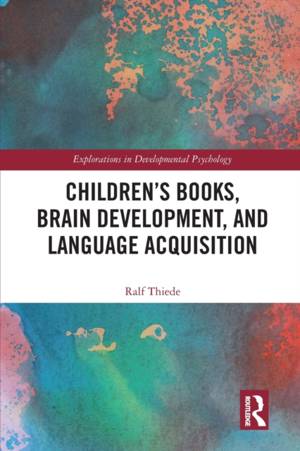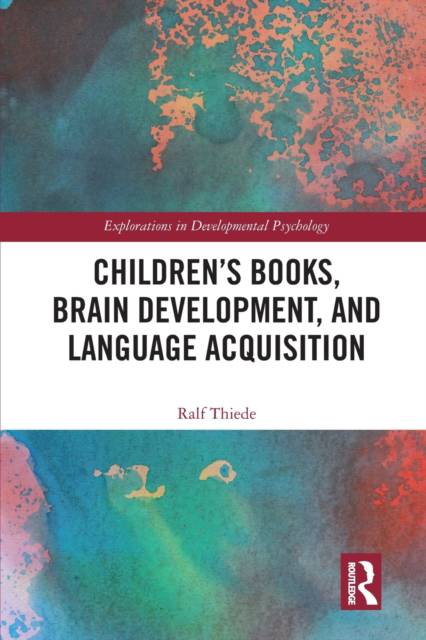
- Retrait gratuit dans votre magasin Club
- 7.000.000 titres dans notre catalogue
- Payer en toute sécurité
- Toujours un magasin près de chez vous
- Retrait gratuit dans votre magasin Club
- 7.000.0000 titres dans notre catalogue
- Payer en toute sécurité
- Toujours un magasin près de chez vous
Description
This book correlates English-speaking children's brain development and acquisition of language with the linguistic input that comes from children's books. Drawing from the most current research on the developing brain, the author demonstrates how language acquisition is exclusively interactive, and highlights the benefit that accrues when that interaction includes the exploratory language play found in early childhood literature. Through discussions of specific domains of grammar, the relation of these domains to children's literature through scaffolding, and the resultant linguistic and cognitive advantages for the child, this volume offers an innovative approach to early brain maturation.
Spécifications
Parties prenantes
- Auteur(s) :
- Editeur:
Contenu
- Nombre de pages :
- 240
- Langue:
- Anglais
- Collection :
Caractéristiques
- EAN:
- 9780367583323
- Date de parution :
- 30-06-20
- Format:
- Livre broché
- Format numérique:
- Trade paperback (VS)
- Dimensions :
- 150 mm x 229 mm
- Poids :
- 340 g

Les avis
Nous publions uniquement les avis qui respectent les conditions requises. Consultez nos conditions pour les avis.






